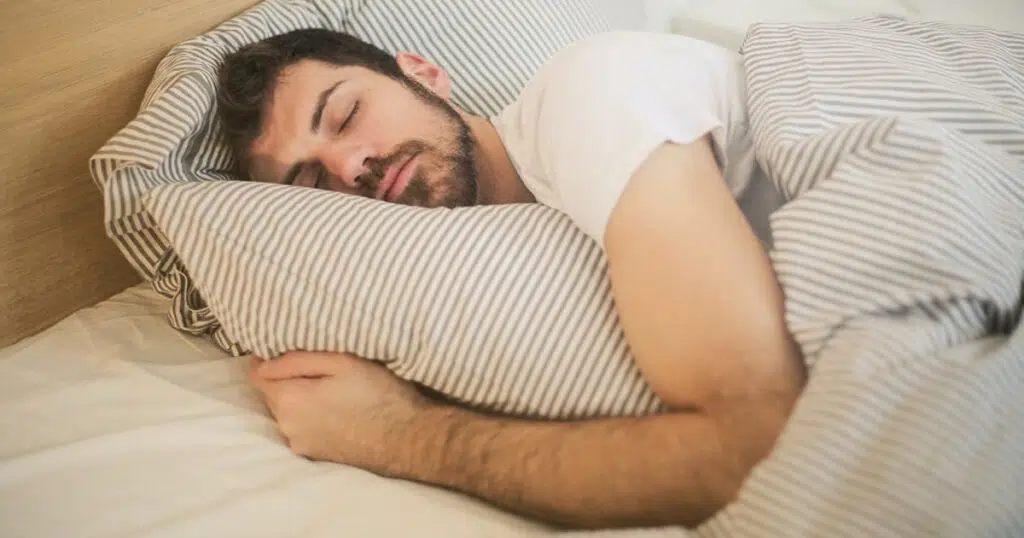
Less Sleep Leads to Less Generosity
A lack of sleep can leave a person tired and often in a bad mood, so is it any surprise one’s desire to give would be affected too? Researchers report in the Aug. 23 edition of the journal PLOS Biology that sleep deprivation leaves one measurably less generous for an extended period of time.
Even the one hour of sleep lost each spring during the transition to Daylight Saving Time apparently reduces people’s tendency to help others, the study said. It was found average donations to one nonprofit organization in the United States dropped by an estimated 10 percent in the week after the time switch — compared to the four weeks before and after the time change. In addition, donations to the nonprofit remained unchanged during the same period in the states Arizona and Hawaii, where Daylight Saving Time in not observed.
With a majority of people living in parts of the developed world reporting they often don’t get enough sleep, the research findings have implications that go far beyond whether a person feels like supporting a charity.
“Lack of sleep shapes the social experiences we have…the kinds of societies we live in,” said neuroscientist Eti Ben Simon of the University of California, Berkeley, one of the study’s primary researchers.
The study team brought 23 young adults into a lab for two nights, with the participants sleeping through one night and staying awake for the second.
In the mornings, the participants completed a standardized questionnaire that asked them to rater their likelihood of helping strangers or acquaintances in various scenarios, on a scale from 1 to 5, with 1 for least likely to help and 5 for very likely.
The study subjects were asked things like, would they give up their seat on a bus to a stranger or offer a ride to a coworker. About 80 percent of the participants expressed less willingness to help others when they were sleep-deprived instead of when they were rested.
The researchers then observed the brain activity of the participants with an MRI scanner, comparing each participant’s neural activity when rested and sleep-deprived. Those readings showed sleep deprivation reduced activity in a network of brain regions linked to the ability to empathize with others.
For another experiment, the researchers recruited 136 participants online and had them keep a sleep log for four nights, with each participant completing an altruism questionnaire before 1 p.m. the next day. It was found the more time participants spent awake in bed, typically a sign of poor sleep, the lower their altruism scores. The drop in altruistic feelings was substantial in individual cases, but also when averaging scores across the group.
In the Daylight Saving Time experiment, researchers studied charitable donations from 2001 to 2016 to Donors Choose, a nonprofit that raises money for school projects across the United States. When the team excluded contributions from Hawaii and Arizona and very large donations, they saw that immediately following the time change, total donations dipped from an average $82 per day to about $73.
Ben Simon said the study confirmed chronic sleep deprivation in the modern world is a serious societal challenge. But, simply making sure you and the others in your life get more rest could make a big difference.. “If you think about promoting sleep and letting people get the sleep they need,” she said, “what an impact that could have on the societies we live in.”
Editor’s Note: This has public policy considerations, particularly with respect to the intermediate and long term future of society. With entitlement spending and the national debt rising to levels impossible to maintain, at some point reasonably soon the welfare state is going to need to be cut back and it will be important for voluntarism and charity to fill the gap for the truly needy among us – but a sleep-deprived and stressed-out nation is not prepared to meet the challenge. This must change.



